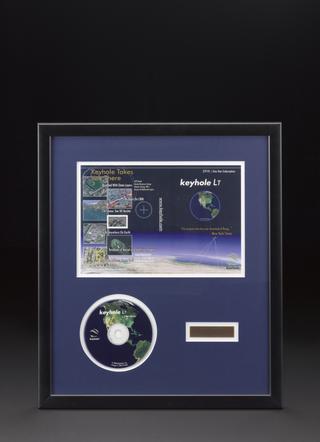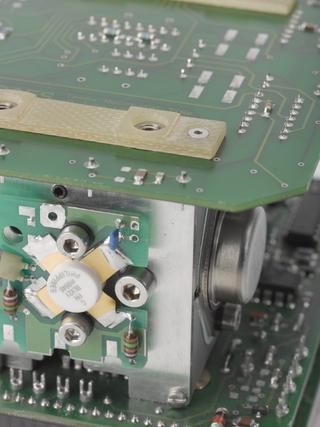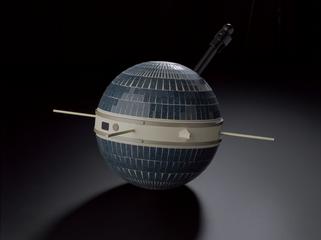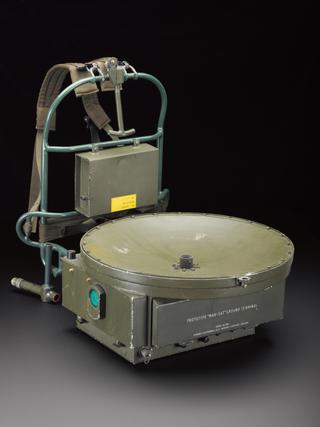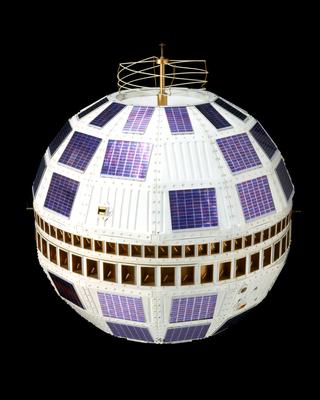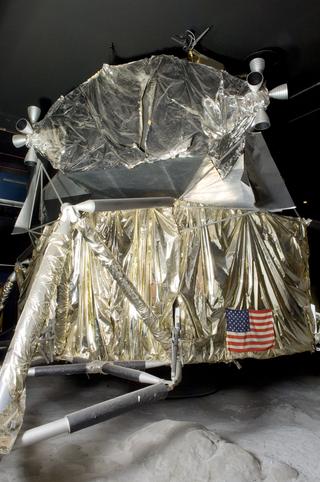
Dehydrated space food
- Made:
- 1963-1970 in United States
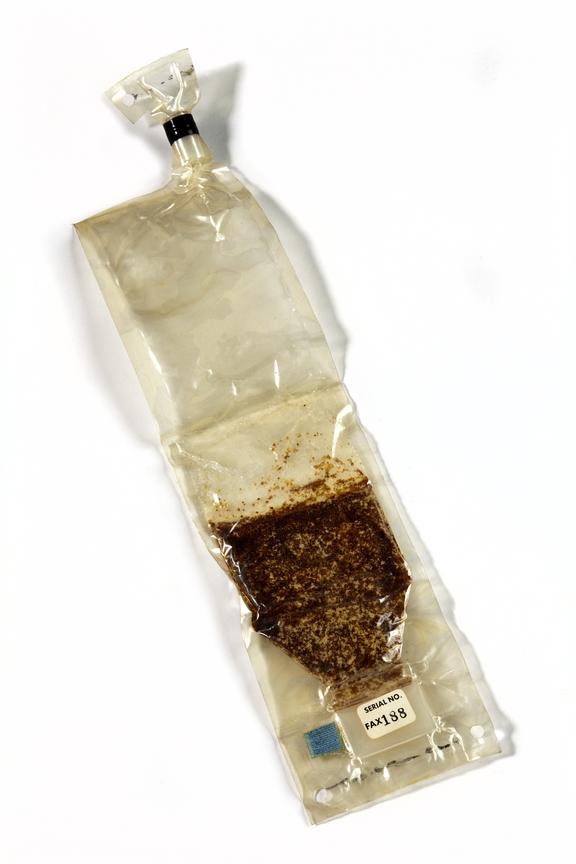
Dehydrated orange juice in a plastic bag with a mouth tube developed for the NASA Apollo Programme.
How were astronauts fed in space in the late twentieth century? The volume and weight of food had to be a small as possible. There was no power available for cooking or refrigeration. The astronaut would eat the food in zero gravity, and there had to be no crumbs or spillage. Waste would have to be dealt with effectively.
The home appliances engineering company Whirpool used freeze-dehydrated foods in vacuum-packed, light-weight, flexible, plastic containers that could be squeezed directly into the astronaut’s mouth. Hot or cold water was added to the container through a water dispenser. Valves in the water dispenser and packaged would seal to prevent spillage. The mixture of food and water would be kneaded by the astronaut, then squeezed into the mouth through a feeding tube. Velcro tabs on the package allowed the astronaut to stick the package to the interior wall of the spacecraft, to save the food to eat later. When the food was finished, the astronaut would break a germicide pill into the package to slow down any food residue from going rotten too quickly. The finished package was then placed in a waste storage space.
Early Apollo rehydratable food packages, such as this dehydrated orange juice, had a water valve at the upper right corner.
Details
- Category:
- Space Technology
- Object Number:
- Y1991.50.3
- Measurements:
-
90 mm x 180 mm, 52 g
- type:
- space food
- credit:
- Gift of Dr. K. Gilroy.
